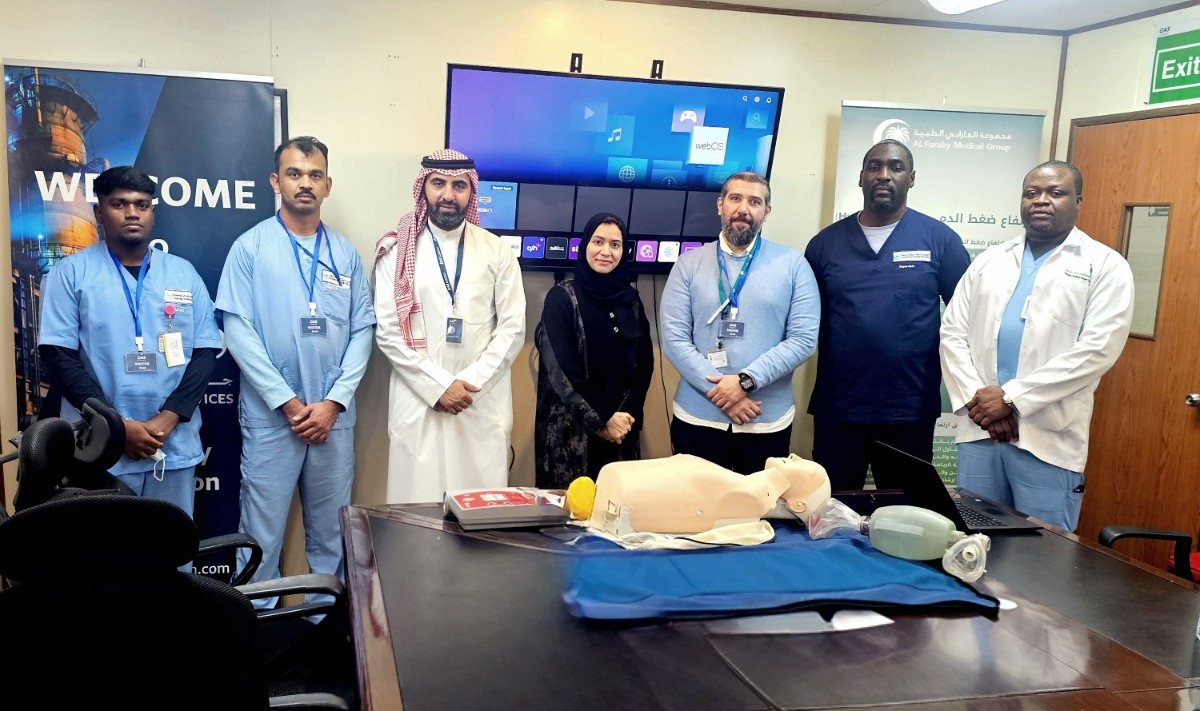Comprehensive examinations help diagnose a patient’s condition, detect diseases early, prevent complications, and help detect physical disabilities and facilitate their treatment, thus improving the health of the individual and society. There are many serious diseases that affect humans without prior warning, such as: blood pressure, high cholesterol, atherosclerosis, diabetes, breast, lung, and colon tumors, and viral hepatitis. These diseases can be avoided by conducting a comprehensive medical examination on a regular basis. An ounce of prevention is worth a pound of cure, because early detection, God willing, helps in speeding up treatment. Technological advancements in medical devices play a very important role in early detection of diseases and initiating appropriate treatment quickly. Technological developments enable laboratory tests using modern devices that quickly produce results, in addition to radiological examinations, which rely on the use of highly advanced and accurate x-ray machines that produce accurate and rapid results, supporting and facilitating the comprehensive body examination process. Comprehensive check-up programs include laboratory and radiological tests, clinical examinations, such as cholesterol and lipid tests, eye pressure tests, dental examinations, hepatitis and AIDS tests, urine tests, stool and blood tests, chest x-rays, tests that show the red blood cell count, kidney tests, blood sugar tests, vision tests and diagnosis of vision problems, and measuring both hearing and breathing. Conducting these tests facilitates the diagnosis of a person’s health condition, after which the appropriate medical procedure is determined.
Preparing for a Comprehensive Medical Examination
Preparing ensures that the examinations are completed in a shorter timeframe and for the best results. This includes: scheduling an appointment before the examination. Showing the specialist doctor the results of examinations performed over the past six months. Refraining from eating and drinking 8-12 hours before the examination and abstaining from smoking. Refraining from taking vitamins and nutritional supplements 48 hours before the examination, except as directed by the doctor. Refraining from eating foods that cause gas, such as raw vegetables, legumes, fruits, foods containing milk, and carbonated drinks, as well as consuming alcohol. Informing the doctor about the medications you are taking and determining the dosage if you are taking certain medications. Eating a healthy diet, exercising regularly, and avoiding smoking and other unhealthy habits that harm your health will all help prevent disease and maintain physical strength.




